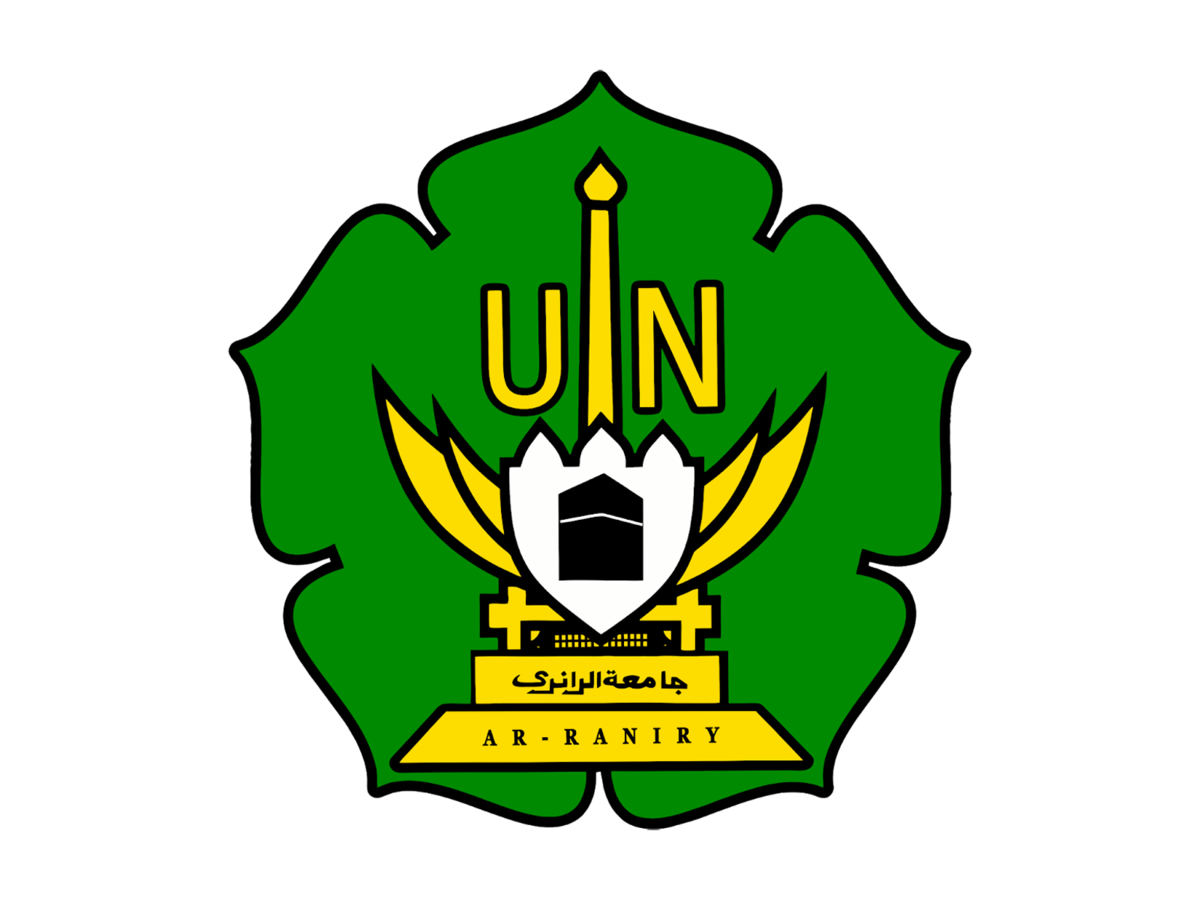BATAM FREE TRADE ZONE AND FREE PORT: A JURIDICAL REVIEW FROM THE ASPECT OF THE MOVEMENT OF IMPORTED GOODS
Abstract
There are two prominent views concerning the free zone concept. One view defines a free zone as a special area established in a country that is independent from the customs authority supervision on the movement of imported goods, or known as extraterritorial zone, because customs authority is no longer levied import duties on these goods. On the other hand, the free zone is also defined as a special zone under the supervision of the customs authority due to the exemption of the import duties and tax on these imported goods as customs authority must ensure the validity of this exemption. In addition, there are also international instruments providing guidance concerning free zone, namely the WCO International Convention on the Simplification and Harmonization of Customs Procedures (the Revised Kyoto Convention) or the WCO RKC, and the WTO Agreement. This paper will discuss issues concerning the juridical aspects of the free zone concepts internationally and the practices in other countries in comparison to the applicable legal rules and practices related to the movement of imported goods in the Batam Free Trade Zone and Free Port (KPBPB Batam) and the surrounding islands.
Abstrak: Terdapat dua pandangan terkait konsep free zone. Satu pandangan mendefinisikan free zone adalah sebagai suatu kawasan khusus yang didirikan disuatu negara dimana daerah tersebut terlepas dari wilayah otoritas Bea dan Cukai atau‘exterritorial’ area karena tidak ada lagi pengenaan pajak impor oleh otoritas Bea dan Cukai atas impor barang tersebut. Namun dilain pihak, free zone juga didefinisikan sebagai kawasan bebas yang khusus dibawah pengawasan otoritas Bea dan Cukai karena adanya perlakuan pembebasan bea masuk dan pajak tersebu dan otoritas Bea dan Cukai harus memastikan kebenaran pemberian pembebasan pajak impor tersebut. Selain itu, terdapat juga instrumen internasional yang setidaknya memberikan paduan terkait konsep kawasan bebas yaitu Konvensi WCO terkait dengan Simplifikasi dan Harmonisasi Prosedur Kepabeanan (Konvensi Kyoto) dan Perjanjian Internasional WTO. Paper ini akan membahas terkait dengan permasalahan yuridis dari aspek konsep free zone secara internasional dan praktek di negara lain dibandingkan dengan aturan hukum yang berlaku dan praktek pelaksanaannya dalam lalulintas barang di KPBPB Batam dan gugusan pulau sekitarnya.
Kata Kunci: Kawasan Bebas, Kawasan Perdagangan Bebas, Perdagangan Internasional, Otoritas Kepabeanan, KPBPB Batam, Barang Impor
Those authors publishing in PETITA have agreed with following terms of conditions:
- Authors retain copyright and grant the journal right of first publication with the work simultaneously licensed under a Creative Commons Attribution License that allows others to share the work with an acknowledgement of the work's authorship and initial publication in this journal.
- Authors are able to enter into separate, additional contractual arrangements for the non-exclusive distribution of the journal's published version of the work (e.g., post it to an institutional repository or publish it in a book), with an acknowledgement of its initial publication in this journal.
- Authors are permitted and encouraged to post their work online (e.g., in institutional repositories or on their website) prior to and during the submission process, as it can lead to productive exchanges, as well as earlier and greater citation of published work.




































